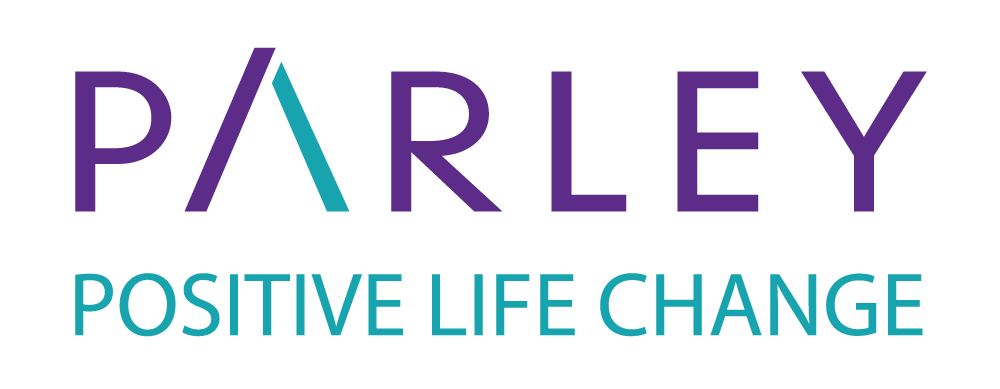Parley supports any person over the age of 13 who is looking for solutions and results in positive life change, with no prescription necessary. A diagnosis or label will never define the people Bobbi helps.
In a personal sense, no one can ‘make’ another person behave differently, and every individual is motivated uniquely. The only way anyone exercises influence in relationships and opportunities is by managing their own behaviour effectively. Parley supports individuals, families and supporters to understand and practice being their best self, and to accountably exercise choice and control to get personal needs met.

- Abuse
- Acquired Brain Injuries
- Addictions
- ADD
- ADHD
- Anger management
- Anxiety attacks
- Anxiety disorders
- Anorexia
- Attachment disorders
- Asperger Syndrome and Autism Spectrum (ASD)
- Bipolar or Manic-Depressive disorder
- Burn-out
- Conduct disorders
- Depression
- Developmental Disability
- Dissociative behaviour
- Disruptive behaviour
- Eating disorders
- Feeding and Eliminating Disorders
- Frontal-lobe dysfunctions
- Genetic disorders
- Impulsive behaviour
- Memory loss
- Neurocognitive disorders
- Neurodevelopmental disorder
- Obsessive-compulsive behaviours
- Paraphilic disorders
- Personality disorders
- Post-Traumatic Stress
- Psychosis
- Schizophrenia
- Sleep challenges
- Social anxiety
- Somatic behaviours
- Substance-abuse behaviours
- Stress
- Trauma
- Tourette’s and tics
